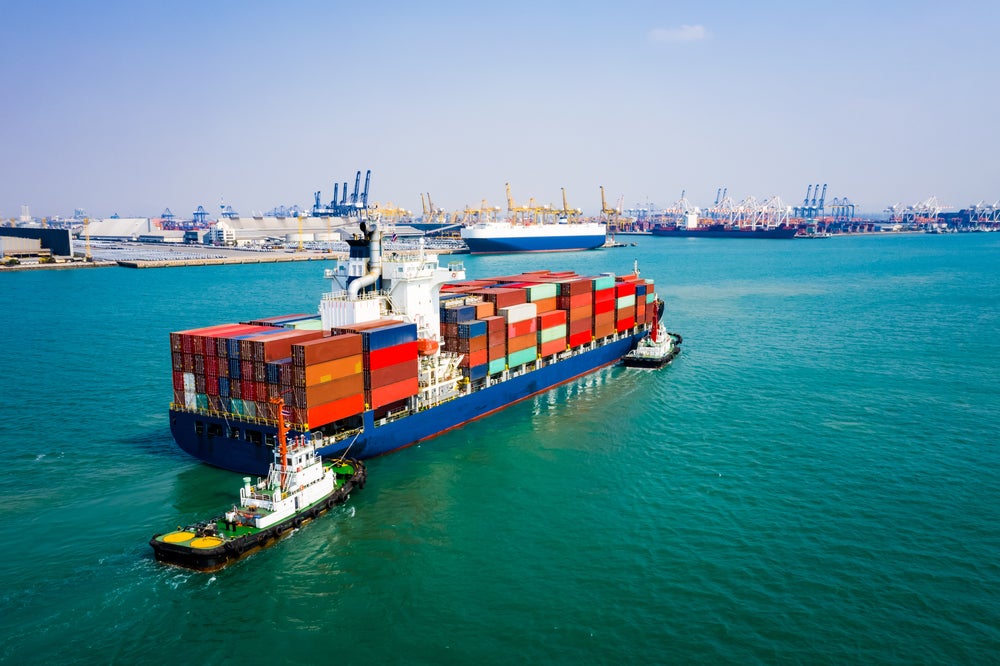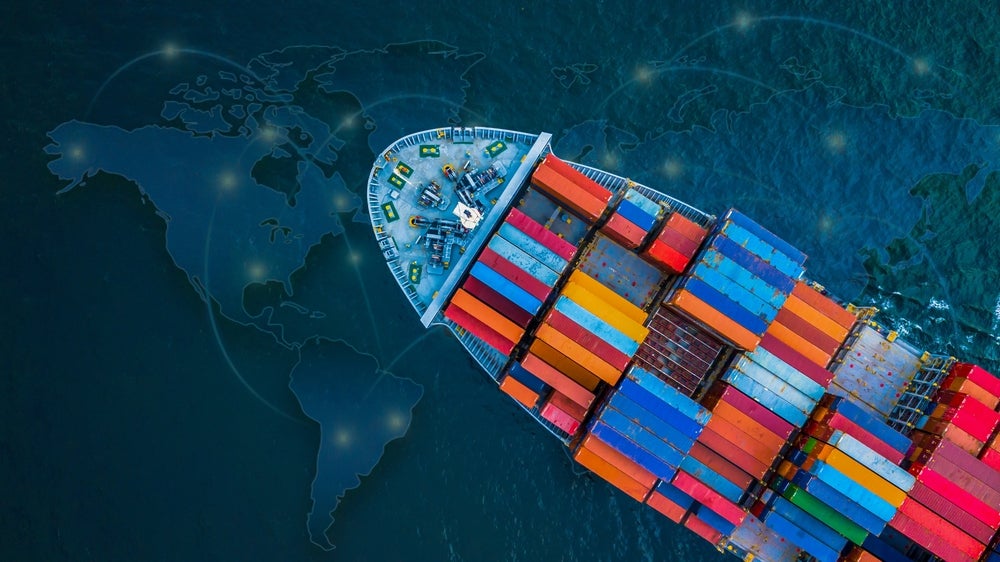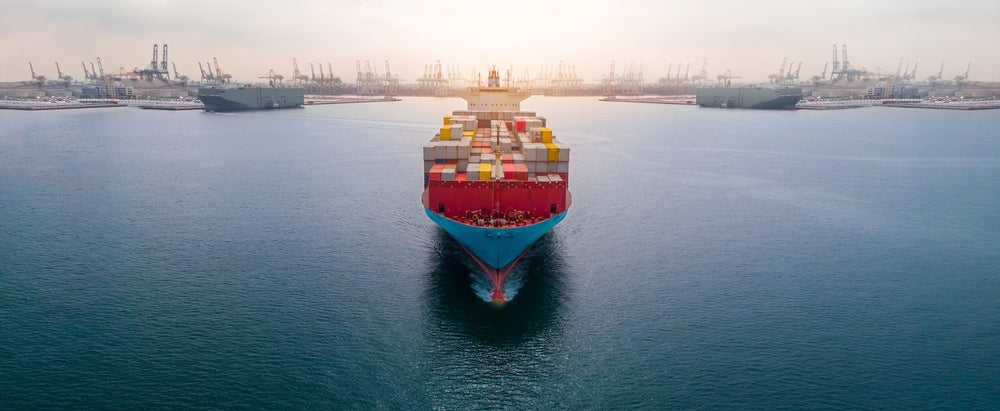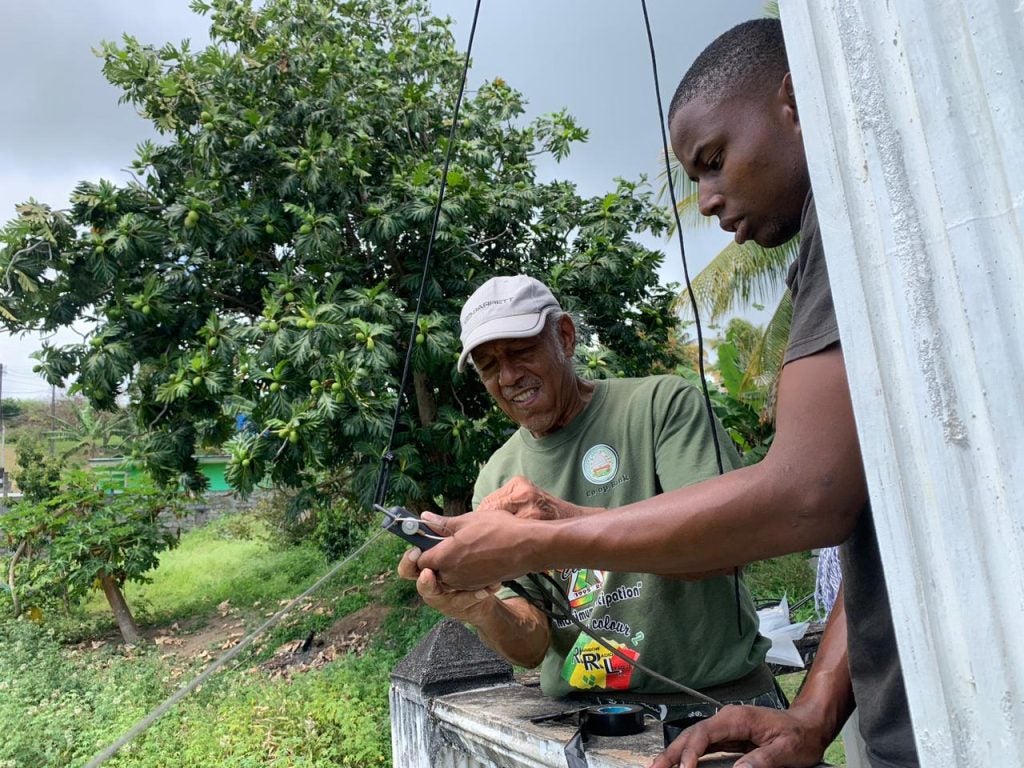
French digitalisation firm Opsealog has highlighted the importance of data democratisation in helping the marine sector achieve decarbonisation goals.
This is reinforced by the company’s new white paper, titled ‘Harnessing Technology for Ship Environmental Compliance’, which explains the importance of a collaborative approach to digitalisation in the marine sector.
Opsealog focuses on the collection, sharing, and analysis of data. Accessibility of data and accuracy of data allows for enhanced operations, according to the firm.
Optimising maritime data
“I am a former marine captain. I sailed at sea for more than ten years on container ships, passenger ships, Roll-on Roll-off (RoRo), and offshore marine services,” says Arnaud Dianoux, managing director of Opsealog.
“I then began working on projects relating to data management and analysis to reduce fuel consumption and emissions. Following this work, I founded Opsealog in October 2015 – ‘Op’ for optimisation, ‘sea’ for the sea and ‘log’ for the logging of data – a company specialising in optimising marine operations and driving decarbonisation through the smart use of data.”
Opsealog was founded on technical expertise as well as maritime expertise. For this reason, the company does not identify solely as a data or software company. Rather, the company identifies itself as “a meeting place between tech and maritime”.
The French company acknowledges the importance of the meeting of KPI’s, but it’s focus has always been to help organisations achieve targets by taking action that is informed by data. The Opsealog business model allows the company to assist remotely with efficiency improvements.
Opsealog’s new white paper describes the current situation as an age of transformation in terms of the technological tools which are available.
“Ambition is high in the maritime market – this is the new reality. The ambition of the IMO is to reduce the carbon intensity of international shipping by 40% in seven years’ time, but a large part of the approximately 70,000 commercial vessels in the world are not digitised, with most of them still utilising paper logbooks and reporting emissions on spreadsheets,” says Dianoux.
“We know how resource-heavy the task of reporting can be, which is why we created a software that is as user-friendly as possible.”
It is no longer considered good practice for data to remain on paper. Opsealog has developed
Streamlog, a digital logbook solution and reporting software for marine use. In terms of reporting, this will see a reduction in the workload that crew members experience.
Shipowners should embrace new opportunities
Last year, Opsealog and Identec Solutions collaborated on the optimisation of offshore fleet operations for Shell Nigeria. The pilot project demonstrated the need for the industry to measure and gain visibility of data.
The project focused on tracking small boatsto analyse and reduce risk in terms of safety and optimise fuel consumption.
Dianoux notes that good granularity is the key to measuring and data collection. Without this it is not possible to verify the accuracy of data. Data quality is important as it will inform solutions in the coming years.
A baseline is needed for experimentation with regards to future vessel development.
The whitepaper explains that digitisation of onboard reporting consolidates foundations for meeting longer-term ambitions of the organisation in relation to sustainability.
Dianoux notes that accountability with regards to the environmental impact of operations is something that is taken into consideration more and more in recent years and success depends on collaboration onboard and onshore. Shipowners can view this as a challenging time, but also embrace the opportunities that arise.
“It is a challenge but there is hope because there is a strong ecosystem of companies that are able to increasingly collaborate to drive the industry forward.
Customers understand how a combination of solutions from different companies will be required to help them move forward with their sustainability plans,” says Dianoux.
“We are discussing data exchange with other companies, to see how we can benefit the industry and the customers. Digital companies are becoming more open to data exchange for the benefit of their customers. The energy transition is not just a question for the shipowner only.”





